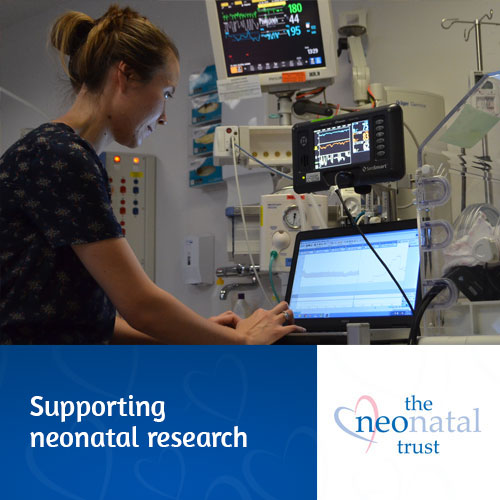For families of a very small or preterm baby, ‘graduating’ from NICU represents a major milestone in their child’s life. The days, weeks and sometimes months before then have been focused on the immediate challenges of supporting their baby through the emotional and medical rollercoaster of intensive care. But while that transition from NICU to home should be acknowledged and celebrated, it’s also the point at which the focus of care really starts to shift from the immediate complexities of NICU to the long game of life-course health and wellbeing.
Research from NZ as well as around the world is telling us an important story. Adults born preterm carry a higher risk of developing the diseases of middle age; for instance, high blood pressure and diabetes. Understanding that this risk exists is the first step towards understanding the mechanisms that drive it. Once we understand the mechanisms, we can work on ways to intervene and keep our ex-preterm children healthy and well and help them to grow up into healthy adults. And this is where the support of The Little Miracles Trust and others becomes essential to help fund that research.
The Little Miracles Trust is proud to have supported the work of a range of doctors, nurses and scientists all working together to try and get the answers we desperately need to keep these vulnerable babies safe and well, not just in the Neonatal Intensive Care Unit, but throughout their lives.
A recent article by One News shows more care is needed when it comes to people born pre-term, after a New Zealand led study found women born prematurely are almost twice as likely to have high blood pressure by the time they reach 18.
“Those born pre-term have an increased risk of high blood pressure,” Professor Wayne Cutfield from Liggins Institute told 1 NEWS. “We know now that prematurity is associated with a number of risks” “Risks of high blood pressure, risk of heart disease, risk of diabetes.”
Mr Cutfield says the link was made when he examined data from more than 5000 Swedish women. He says this research adds to an existing body of global evidence and previous studies that show men born prematurely have an increased risk too. The study’s author is careful to emphasise being born prematurely doesn’t mean you will get high blood pressure but says people should be aware of the risk factor, so they can mitigate it.
You can read the full article on One News here:
About Neonatal research
 One of the three core objectives of The Little Miracles Trust is to aid neonatal-related medical research. The Little Miracles Trust is proud to support neonatal research, as it creates enhanced outcomes for thousands of future neonatal babies.
One of the three core objectives of The Little Miracles Trust is to aid neonatal-related medical research. The Little Miracles Trust is proud to support neonatal research, as it creates enhanced outcomes for thousands of future neonatal babies.
Note: All research we support has appropriate ethics sign off.
New Zealand is a world leader in neonatal care and neonatal research. We’re proud to have supported many research programmes that contribute to enhanced understanding and outcomes (through changes to clinical care). These include research looking into the:
- long term outcomes for neonatal babies (vs the general population)
- effectiveness of blood transfusions (and ways to enhance these)
- impact of creatine and other treatments and supplements on brain development
You can view details of specific neonatal research programmes on this page.
- Piece from the One Percent Collective Generosity Journal: ‘The tiniest patients‘
- Profile on Dr Max Berry
